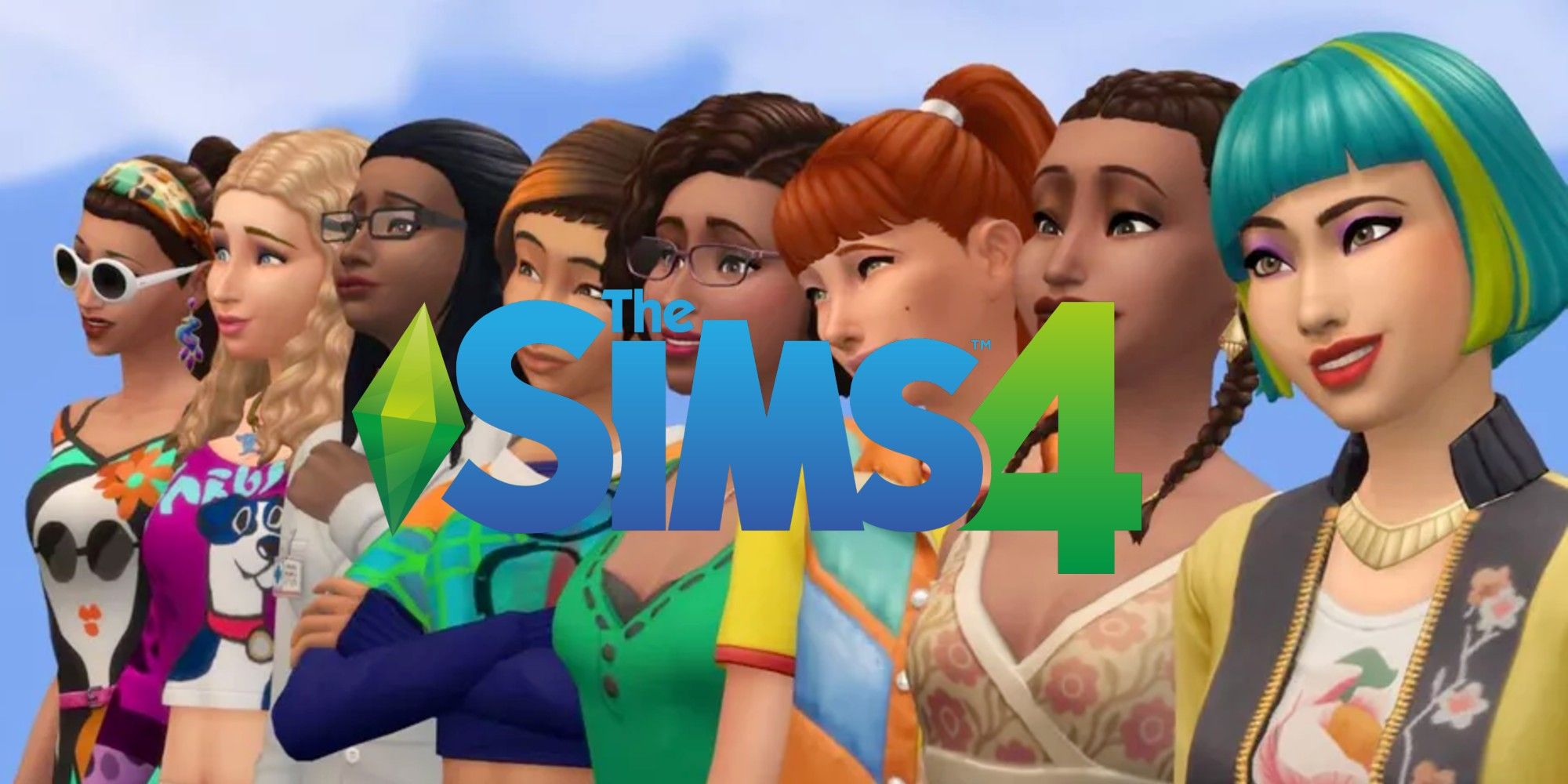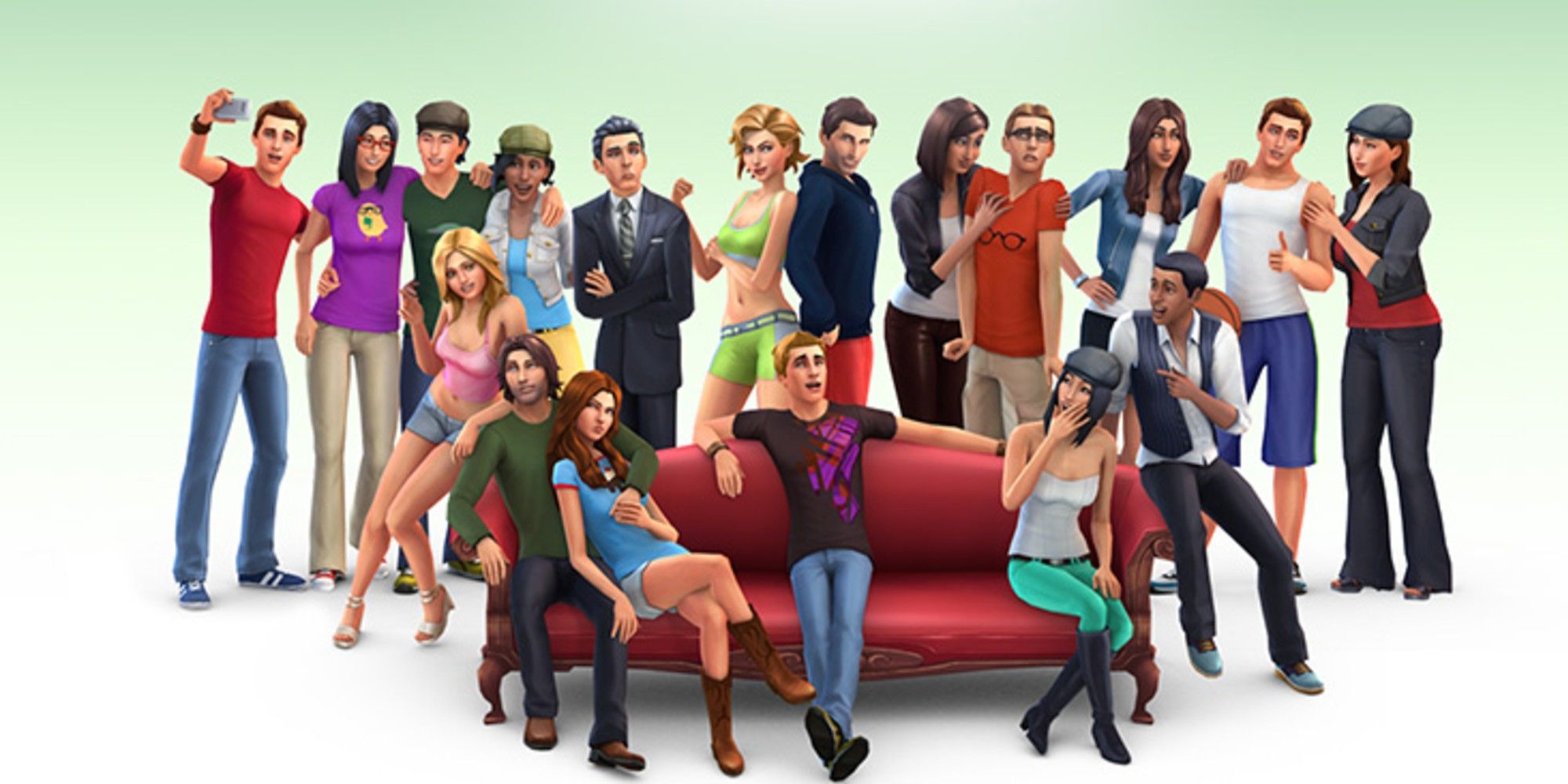Electronic Arts’ The Sims 4 recently made headlines for a new update that will improve upon the selection of skin tones and hairstyles available in the game. Previously, the life simulation game was criticized for its dismal representation of people of color, with many gamers taking issue with the lack of diverse skin tones and hair types available in The Sims 4's customization menus.
Considering the long-running franchise has always strived to allow players to design the life of their dreams, it’s been exceptionally problematic that the games themselves have struggled to be inclusive, particularly when there are so many other options for customization that don’t seem as fundamental or basic as skin and hair. Nevertheless, it appears the developers have heard the feedback and are committed to making future Sims games and updates more representative going forward.
In an EA blog post, it was discussed how the developers plan to make the game more diverse and representative. Specifically, on October 6th for Mac and PC, and November 10th for Xbox and PlayStation, players can expect an update to improve “blotchy artifacts and ashy appearance of darker skin tones.” Similarly, by December, another update will introduce 100 new skin tones to The Sims 4, with an emphasis on darker skin tones, as well as two new hairstyles.
What Else Sims 4 Can Do To Improve Representation & Diversity
The new Sims 4 update is a huge step in the right direction, but simply introducing new options for skin and hairstyles shouldn’t be the end of it. For instance, adding two new hairstyles doesn’t account for the wide range of hairstyles people wear in real life, both for personal and for religious reasons, and as such, the game is still severely lacking in options, particularly for curly and afro-textured hair. The Sims franchise has long struggled to incorporate customization options that are representative of people of color, and one update isn’t going to make up for or rectify these past grievances. Rather, the developers should use this as a starting point, and commit to making the game more diverse and representative in other ways through future updates, because there are plenty of areas where the game is lacking in representation.
There are plenty of ways in which The Sims 4 can become more representative of a wide range of bodies. The Sims is supposed to reflect real-life people, for instance, but it barely provides any options in order to represent disabilities and disorders. As a start, there could be an option to have a Sim use a wheelchair. Further updates could introduce options for prosthetics or blind eyes. It could incorporate devices such as crutches, braces, walking sticks, canes, and hearing aids.
Similarly, while Sims can gain weight within the game, it still lacks in body diversity. More options for different body types and shapes would also help make the game more inclusive. Even adding more options for physical uniqueness and difference, such as webbed feet, a clubbed foot, cleft lip, or even genetic defects, such as down syndrome, would help the game appeal to a wider range of people. It’s also worth noting that there are still other skin tones and hairstyles that can be added even after the upcoming updates. The Sims 4 has recently taken some strong steps towards becoming more representative and inclusive, but as it stands, there’s still a lot more work that can and should be done.


